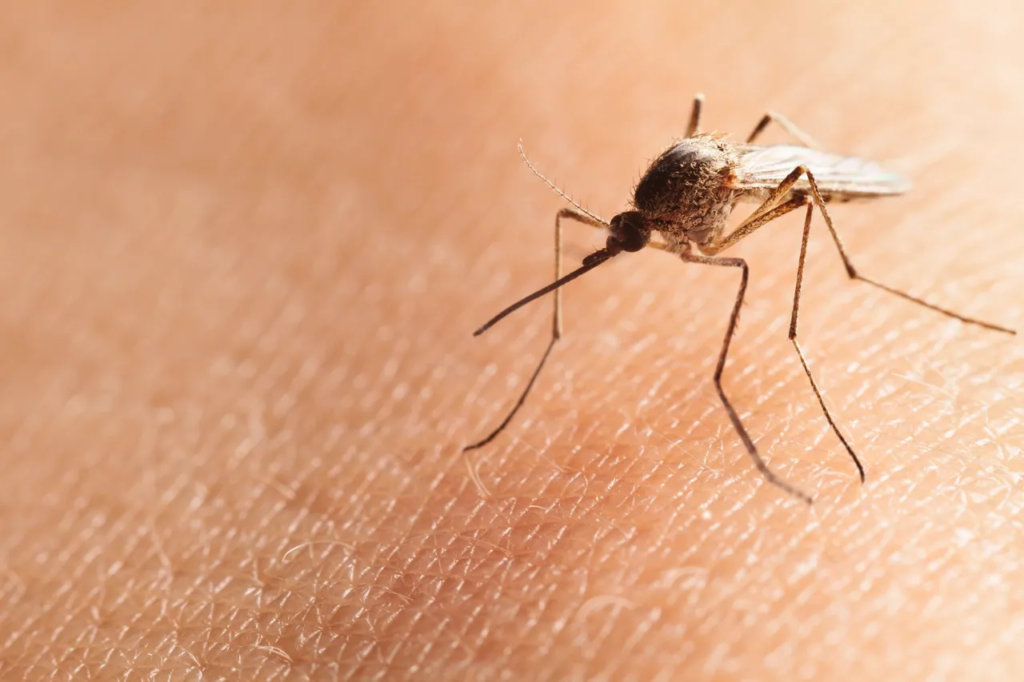
Mosquitoes
Mosquitoes are tiny, flying insects that belong to the family Culicidae. They are found all over the world, and are notorious for their itchy bites, which can transmit deadly diseases. In this blog, we will explore the world of mosquitoes, their behavior, their impact on human health, and how to control their populations.
Behavior of Mosquitoes
Mosquitoes are attracted to warm-blooded mammals, including humans, and can detect their prey from over 100 feet away. Female mosquitoes require blood to produce eggs, and so they are the ones that bite humans. Male mosquitoes do not bite and feed on nectar and other plant juices.
Mosquitoes are most active during dawn and dusk, but they can bite at any time of the day or night. They lay their eggs in standing water, such as ponds, puddles, or even containers like old tires or buckets, which can hold stagnant water. These eggs then hatch into larvae, which live in the water and feed on algae and other microorganisms. The larvae eventually metamorphose into pupae, and then into adult mosquitoes.
Impact on Human Health
Mosquitoes are known to transmit several diseases to humans, including malaria, dengue fever, Zika virus, and yellow fever. These diseases can be life-threatening, especially in developing countries where access to healthcare is limited. Mosquito-borne diseases kill millions of people every year.
Malaria is one of the most deadly diseases transmitted by mosquitoes. According to the World Health Organization (WHO), there were an estimated 229 million cases of malaria worldwide in 2019, resulting in over 400,000 deaths. Most of these deaths occurred in Africa, where the disease is most prevalent.
Dengue fever is another disease transmitted by mosquitoes, which can cause severe flu-like symptoms and in some cases, death. According to the Centers for Disease Control and Prevention (CDC), dengue fever is endemic in over 100 countries, and there are an estimated 100 million cases of the disease annually.
How to Control Mosquito Populations
What Impact does to reduce Mosquito Populations:
- Remove Standing Water: Mosquitoes lay their eggs in standing water, so eliminating sources of stagnant water can help reduce mosquito populations. This includes emptying old tires, buckets, and other containers that can hold water.
- Foliage Treatment: Mosquitoes rest during the day on foliage plants such as bushes, shrubs and trees. Impact Treats these rest stations to ensure mosquitoes will come in contact with our products and dramatically reduce the population.
- Use Larvicides: Larvicides are chemicals that kill mosquito larvae before they can develop into adult mosquitoes. They can be applied to standing water that cannot be removed to kill mosquito larvae.
Conclusion
Mosquitoes are a nuisance and a threat to human health. They are responsible for transmitting deadly diseases that can be prevented by taking simple measures to control their populations. The use of repellents and mosquito nets are also effective ways to protect oneself from mosquito bites. By taking these measures, we can reduce the incidence of mosquito-borne diseases and improve public health.
SHARE THIS POST
IMPACT PEST SERVICES
Copyright © 2024 Impact Pest Services - All Rights Reserved
Monday – Friday 8am – 5pm
Email: [email protected]
